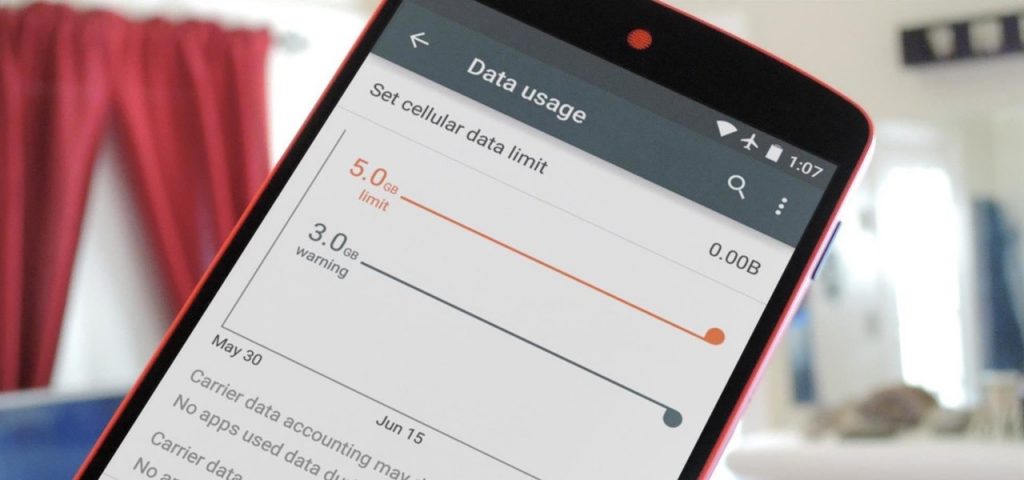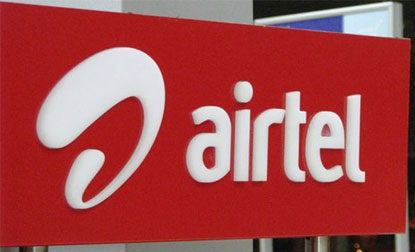There are various options to manage mobile data consumption available, and many of us have fully utilized them. It is however a nightmare to receive a message suggesting that your mobile data bundle is about to run out, or even expire, minutes after loading it. Some people have gone ahead to make an argument suggesting that telecom companies unfairly consume their data, others seeking regulatory intervention. The million dollar question would be, how do these telecoms measure and bill data?
We have sought the expert knowledge needed and are here to present it.
Regardless of which Internet Service Provider (ISP) you are using to access your data, the billing methodology is the same. The difference may only come, in the how this technology is used to implement the charging mechanism.
Packet Charging
The most commonly used mechanism is Packet Charging, a widely implemented system by many telecoms and ISPs.
Here, a provider will capture and count the number of packets, or the bits of data, exchanged between the network and the subscriber’s device SIM card in a session. This count is regardless of whether the subscriber initiated the data access or other services on the device.
Definition: A packet is the unit of data that is routed between an origin and a destination on the Internet or any other packet-switched network. It is basically a small amount of data sent over a network.
Related Article: UCC lowers Telecom charges for SMS and Voice effective 1st July 2018
What the ISP will count are the bits of data exchanged between the network and the subscriber’s SIM card in any communication session.
This count is then handed over to charging nodes that will determine the charge/fee and, working with other nodes on the network, bill the subscriber’s SIM card credit account by either deducting an amount of money as for the bits of data exchanged or reducing the volume of data that was subscribed to, in this case the users with data bundles.
Definition: A network node is a connection point that can receive, create, store or send data along distributed network routes.
There are also other charging methods but they are not so commonly used.
Discover more from Dignited
Subscribe to get the latest posts sent to your email.












